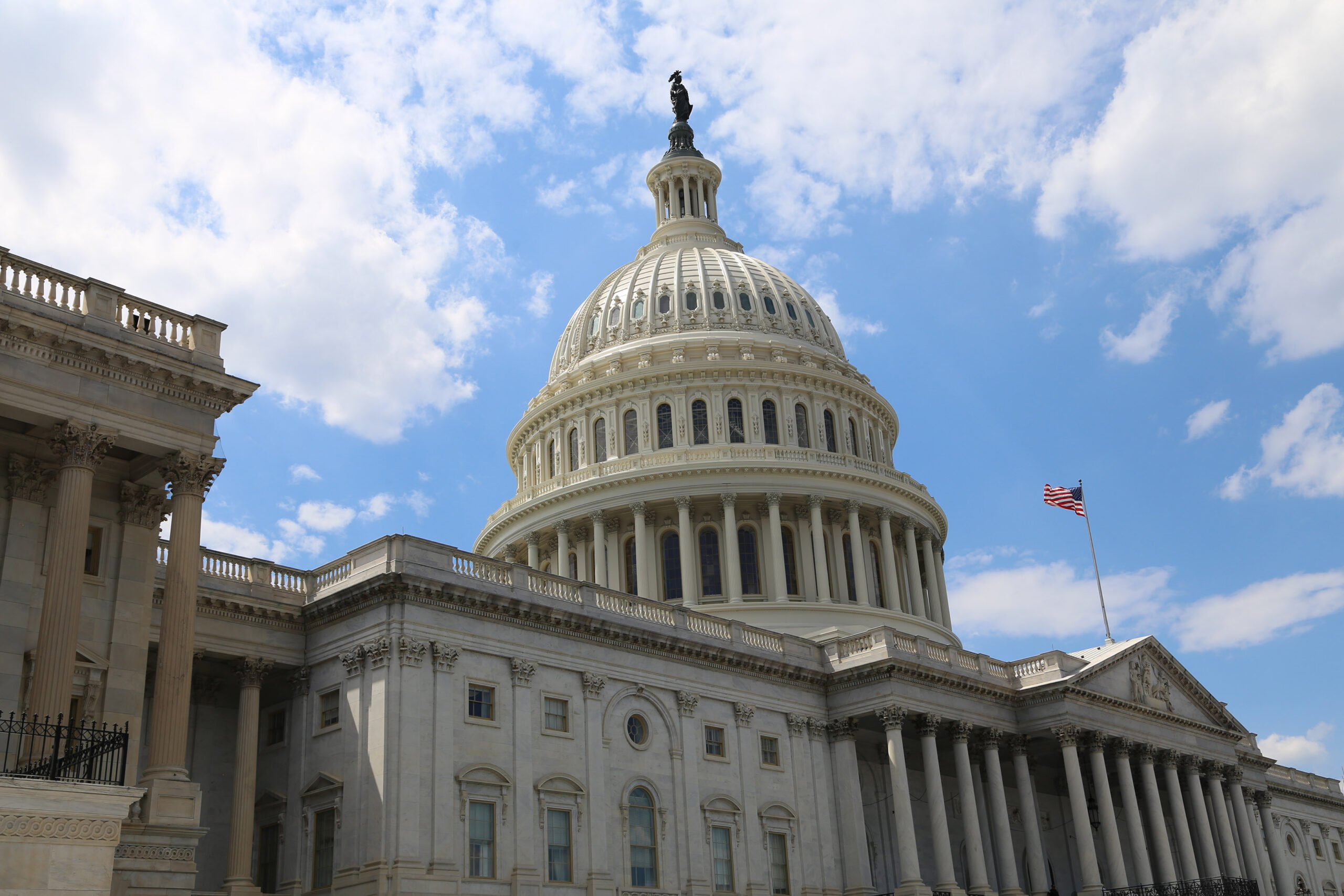ASBM Joins ICAN, other Patient Advocacy Organizations to Oppose Government Use of “March In Rights” In February, ASBM joined 33 other patient advocacy organizations led by the International Cancer Advocacy Network (ICAN) in a letter to U.S. Congressional leadership, urging them to oppose the use of “march-in rights” to break pharmaceutical patents for drugs developed with […]
On January 31st, ASBM released a fact sheet describing a variety of proposed policy changes at the state and federal level which would weaken the interchangeable biosimilar standard, or circumvent the patient protections it provides. These include new bills and regulations at the federal level, as well as state legislation and proposals which threaten to […]
On January 25, the European Medicines Agency’s (EMA’s) Committee for Medicinal Products for Human Use (CHMP) released a document entitled “Concept paper for the development of a Reflection Paper on a tailored clinical approach in Biosimilar development”. The document expresses the EMA’s intent to streamline biosimilar development by re-evaluating the role of clinical safety and efficacy data; it also […]
In January, the Generics and Biosimilars Initiative (GaBI) published a whitepaper entitled “Medicare Drug Price Negotiations: Impact on Healthcare Development and Patient Access to Medicines”. The paper’s content is drawn from a webinar on the same topic hosted by ASBM and GaBI on July 26, 2023. It examines the likely negative effects of IRA’s price negotiation provisions, which allow the […]
In November, the Centers for Medicare and Medicaid Services (CMS) announced a Proposed Rule that would permit Medicare Part D plan sponsors to substitute non-interchangeable biosimilars in place of the biologic medicines now used to treat many chronic conditions such as rheumatoid arthritis, Crohn’s disease and cancer. Read ASBM’s statement on the announcement here. CMS accepted public comments on […]
On December 13, Oregon’s Prescription Drug Affordability Board (PDAB) met to consider – and ultimately rejected – a proposal to permit the automatic substitution of non-interchangeable biosimilars; that is, the substitution at the pharmacy level of a biosimilar without prescriber involvement. The automatic substitution of biosimilars is a controversial practice, banned in many countries including nearly […]





